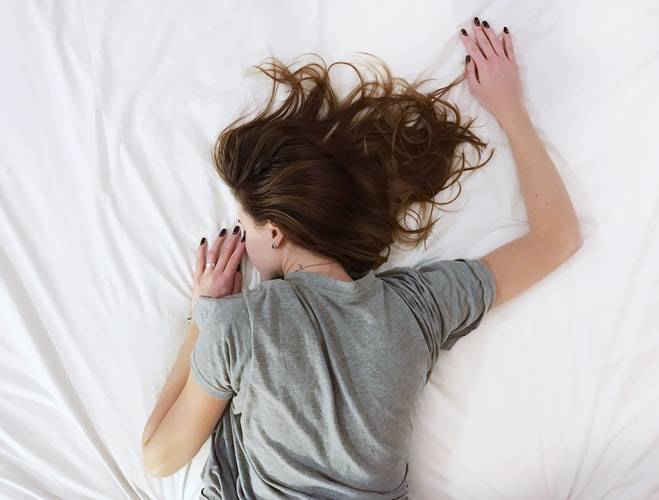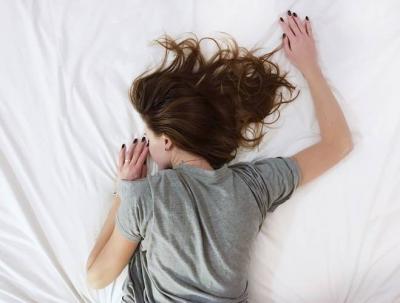Recently, there has been a rise in insomnia and sleep difficulties due to the psychological stress caused by the COVID-19 pandemic. Through some simple measures, individuals can confront these challenges to enjoy a restful and comfortable sleep.
German sleep specialist, Dr. Hans-Günther Weß, stated that the COVID pandemic has led to increased rates of sleep disorders due to concerns about health, financial situations, and a lack of social interaction. These factors contribute to psychological stress, which is the enemy of restful sleep.
**Working from Home**
Additionally, Dr. Dora Trische, another German sleep specialist, indicated that working from home has also contributed to the rise in sleep disorders. She explained that when individuals stay at home for extended periods, their bodies do not perceive the light transition between day and night effectively, leading them to not feel tired at night, which paves the way for insomnia.
**Set Rhythm**
To combat sleep disorders, Dr. Weß recommends avoiding factors that cause psychological stress and insomnia. Specifically, the home office should not be located in the bedroom, and individuals should maintain a consistent sleep/wake rhythm. It is also helpful to establish bedtime rituals, such as drinking a warm cup of milk or honey tea, while avoiding coffee in the evening due to its negative impact on sleep quality. Generally, it is advisable to reduce fluid intake in the evening to prevent nighttime awakenings for urination.
**Ideal Sleep Environment**
Dr. Trische emphasized the importance of creating an ideal sleep environment in the bedroom. The room should be dark, quiet, and maintained at a comfortable temperature between 15 and 18 degrees Celsius. Additionally, individuals should avoid exposure to blue light emitted by electronic devices like smartphones and televisions for at least two hours before bedtime, as blue light inhibits the production of melatonin, the hormone necessary for sleep.
Furthermore, the right bed plays a crucial role in achieving restful sleep. The bed should be at a suitable height—neither too high nor too low—and the mattress should be firm enough that one does not "sink" into it while sleeping. It is recommended to change the mattress every 8 to 10 years at most. For better back and neck health, it is preferable to use pillows filled with duck or goose down instead of those stuffed with synthetic materials.




